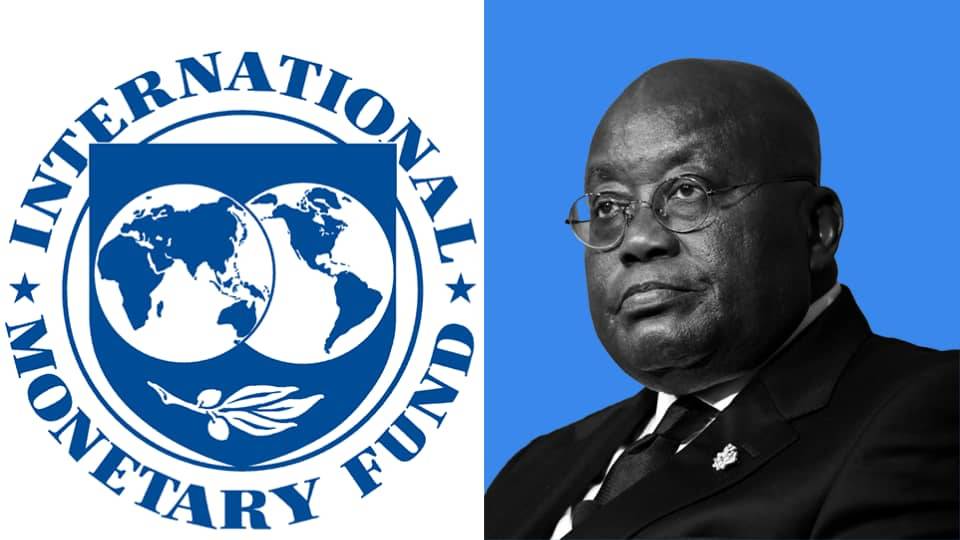The recent approval of a bill proposing imprisonment for individuals identifying as LGBTQ in Ghana has garnered international attention, with the International Monetary Fund (IMF) expressing its concerns about the unfolding developments.
In a statement issued from its headquarters in Washington, the IMF reaffirmed its commitment to principles of diversity and inclusion, emphasizing their centrality within the organization's ethos. The IMF underscored its internal policies against discrimination based on personal characteristics such as gender, gender expression, or sexual orientation, highlighting the correlation between embracing diversity and economic prosperity.
The bill, which received bipartisan support, not only criminalizes LGBTQ identification but also targets the financing of LGBTQ groups and sanctions discrimination against them. To become law, the bill requires the approval of President Nana Akufo-Addo.
Despite the gravity of the situation, the IMF opted to withhold direct commentary on the bill until it is officially signed into law. The organization stressed the importance of conducting a thorough assessment of the bill's potential economic and financial ramifications before offering a formal response.
The delicate financial stability of Ghana, intricately linked to IMF assistance amid ongoing debt restructuring efforts, adds layers of complexity to the situation. Earlier this year, the IMF had agreed to disburse a second tranche of $600 million to Ghana as part of its assistance program.
In the wake of the news surrounding the anti-LGBTQ legislation, Ghana's dollar bonds experienced a notable decline, ranking as the second-worst performers in a Bloomberg index tracking emerging-market sovereign hard-currency debt. All 14 of Ghana's dollar-denominated notes registered a drop in value, with bonds maturing in 2034 bearing the brunt of the impact, plummeting to their lowest level since January 12.
The implications of the bill extend beyond the realm of social justice, casting a shadow over Ghana's economic prospects and international standing. The swift market reaction underscores the interconnectedness of social policy and financial markets, highlighting the potential economic fallout of discriminatory legislation.
As Ghana navigates the complexities of its legislative landscape, both domestically and on the global stage, stakeholders across sectors are closely monitoring developments. The IMF's cautious approach underscores the need for a comprehensive assessment of the bill's implications, both in terms of human rights and economic stability, before passing judgment.
In the meantime, the situation serves as a sobering reminder of the enduring struggle for equality and the intertwined nature of social progress and economic prosperity. Ghana's path forward will undoubtedly be shaped by the delicate balance between upholding fundamental rights and fostering a conducive environment for sustainable development.




No comments yet
Be the first to share your thoughts!